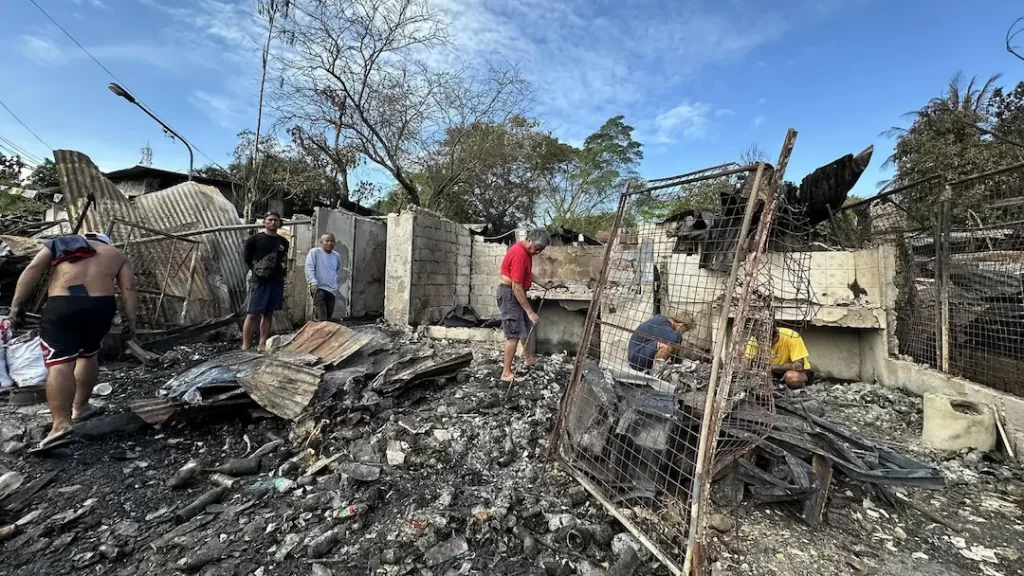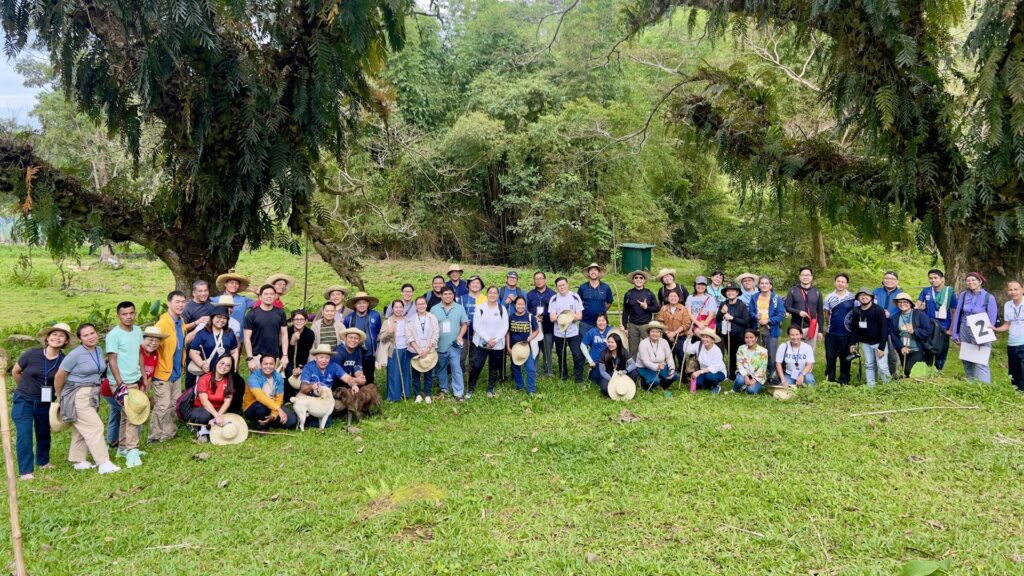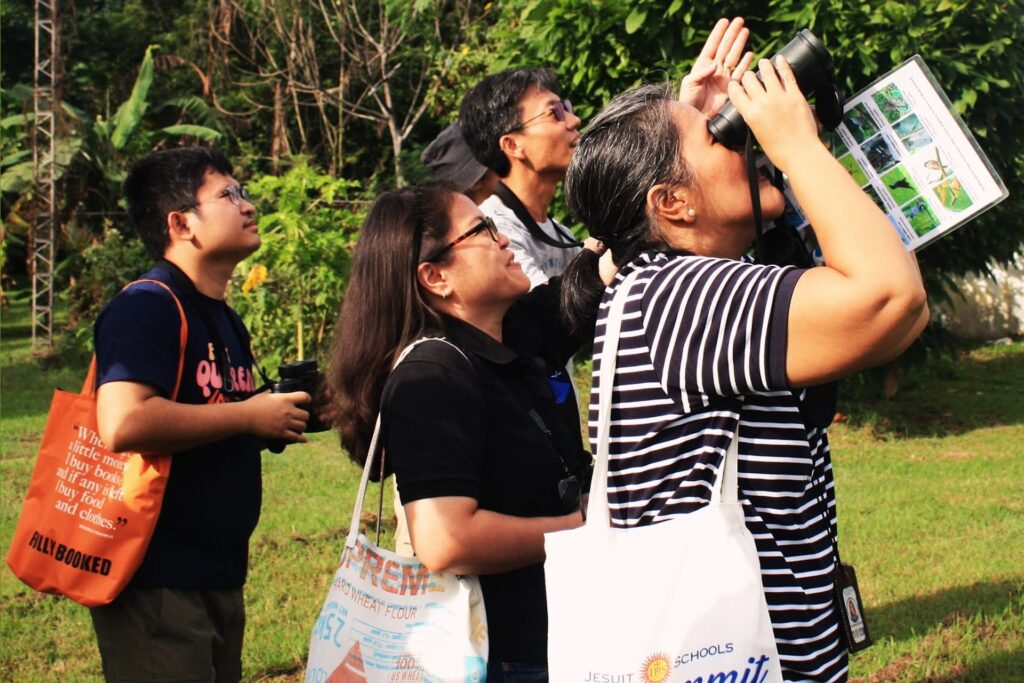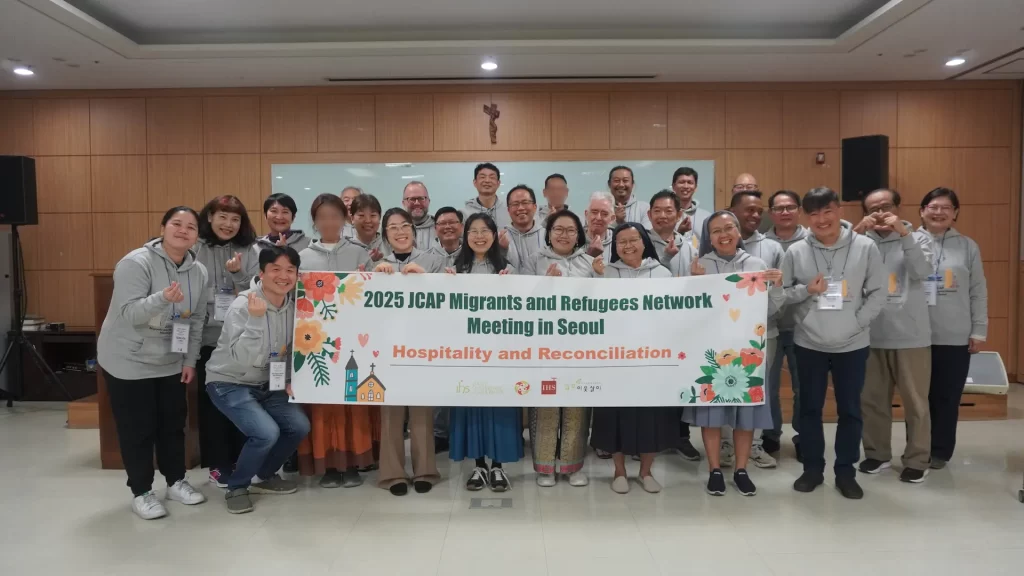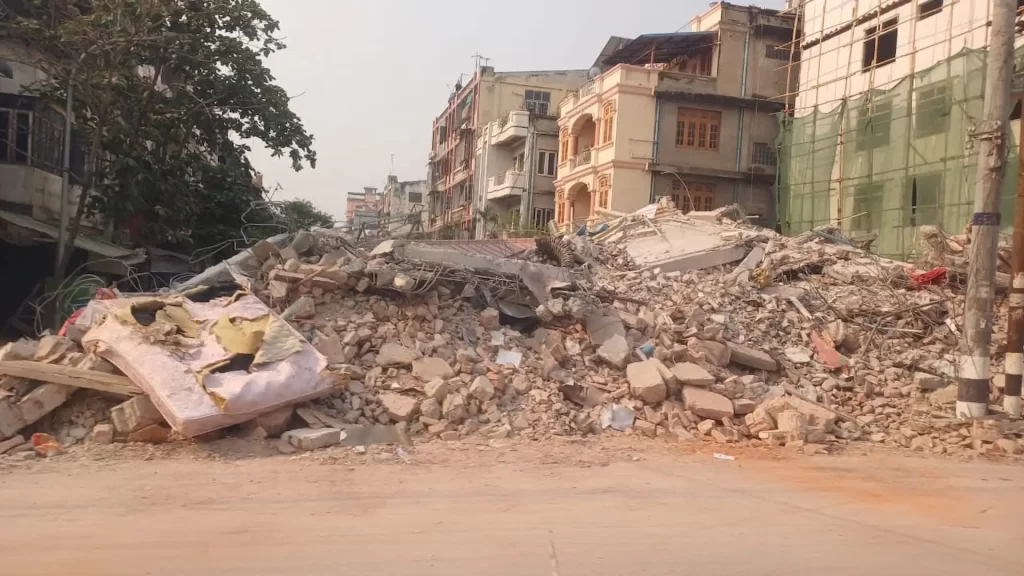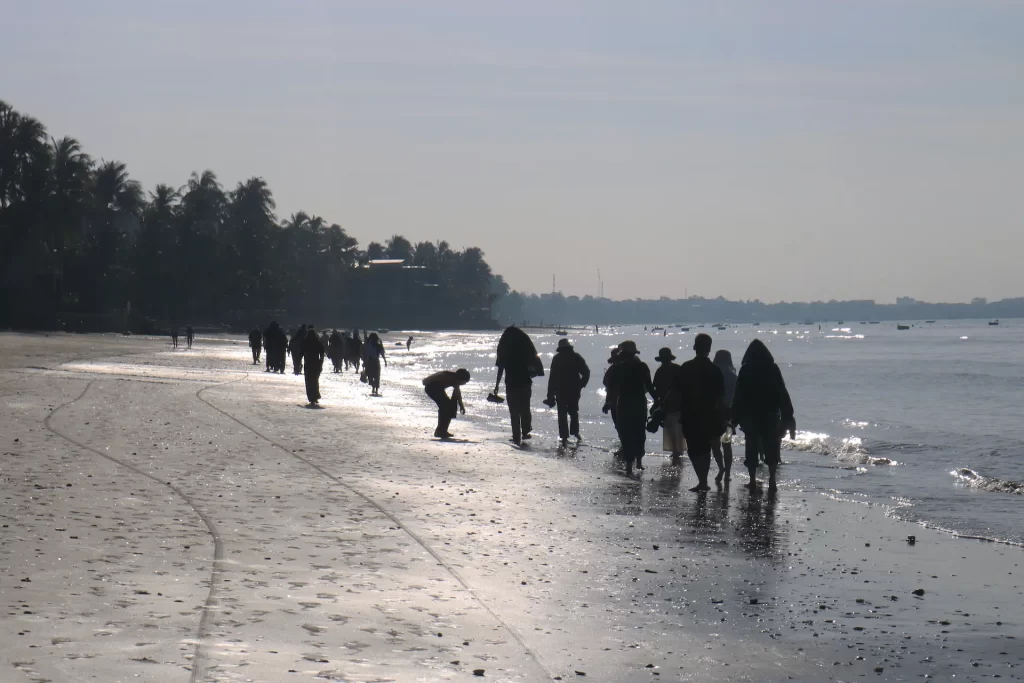The Jesuit Refugee Service (JRS) has expressed “deep sadness” over the Australian government’s decision to curb the number of refugees entering the country from Indonesia. Following the decision, Australia will stop the resettlement of refugees who had registered with the UN refugee agency (UNHCR) in Indonesia on or after July 1.
In a press release issued on November 20, JRS described this turn of events as “heartbreaking, cynical and out of touch with reality”, and highlighted that it would affect close to 2,000 people from Afghanistan, Burma, Iraq, and the Palestinian territories, Sri Lanka and Syria who fled their homes to find safety. Another 6,200 refugees are still awaiting the results of their application to the UNHCR.
JRS said that the number of asylum seekers in Indonesia has increased, but the country lacks a support system for refugees, which means that “their fate lies in the hands of other nations willing to receive them on humanitarian grounds.”
“This new policy of the Australian government will not stop people from going to Indonesia to seek UNHCR [refugee status determination or RSD] and awaiting resettlement; it simply shifts the responsibility of resettlement to other countries and increases the burden on Indonesia, a country that only recently requested increased resettlement from Australia,” said JRS.
The JRS noted that “fortress policies” put refugees at risk of using unsafe alternative routes to find peace: “Smugglers are the only remaining option.”
Fr Mark Raper SJ, President of the Jesuit Conference of Asia Pacific, is appalled with the Australian government. “This decision shuts off a legitimate route for people in fear of their lives. As an Australian living in Asia, I am aghast and ashamed. I wish for an Australian government that will stand with our neighbours and face together the challenges of our time. Only an informed, generous and shared desire to save those who are in need will make the development of appropriate humanitarian law and practice possible,” said Fr Raper, who set up Jesuit Refugee Service in Asia Pacific before he became JRS’ International Director in Rome.
Only recently, Fr Adolfo Nicolás SJ, Superior General of the Society of Jesus, urged countries to be more welcoming to refugees. He said this was “Gospel hospitality in action.”
“All of us have to be welcomed, not because we are members of a specific family, race or faith community, but simply because we are human beings who deserve respect,” he said.
As the policy takes effect, JRS continues to hope for change: “JRS hopes that Australia will renew its stand to support initiatives that increase protection for refugees in the region. We further call on Southeast Asian nations to remain committed to the humanitarian principles of non-refoulement and increasing the welcome and protection of people fleeing persecution in their home countries.”
Read the JRS press release here.

